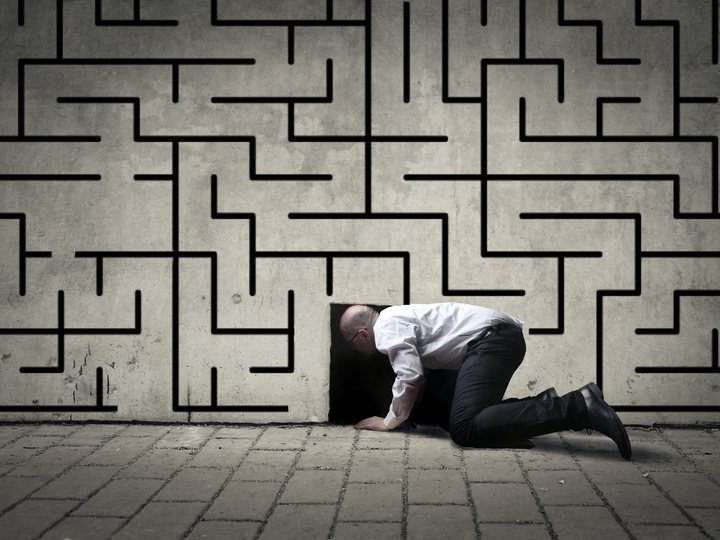“Just hold on loosely but don’t let go
If you cling too tightly
You’re gonna lose control”
– 38 Special
Anger ... It goes by may names.

Testimonials
Client Experience
My association with David started 4 years ago and he has helped me to overcome many life long obstacles I have been dealing with. I have had other counselors in my life, but until I met David I did not feel I was getting anywhere. His passion, dedication and emotion along with listening to his clients leads to understanding and methods that he has helped me to establish within myself, allowing me to forgive my past and grow to who I am today. As a man this has been a huge step for me.
I have encouraged friends and family to contact David and I feel he has become a lifeline for them also.
Let David become your lifeline.
Scott F.

The problem with anger.
Strategies

Escape it?

Ignore it?

Just don't express it?
Maybe rather than claiming that we are not experiencing anger or that we never to, we simply don’t express it. “That’s the way Dad did,” “That’s the way Yoda does,” “That’s how the Buddhists do.” Well, Buddhists who appear not to express their anger have had a lot of practice at working through it; Yoda is a fictional character; and chances are that Dad’s anger came out in other ways. In fact, I’d be willing to bet that Dad either eventually exploded (the likely consequence of ignoring anger) or used substances to keep anger at bay.
How I can help.
I’ve got some strategies that can help reduce the negative effects of experiencing anger and can put us in the driver’s seat such that anger isn’t dictating our actions.
When we work together, I will help you practice, notice, and celebrate even modest improvements in your response to anger. I can notice even subtle improvements that you might miss, and I can bring them to your attention. This is important because change is often subtle, and not noticing it can lead to despair about one’s ability to change.

Notice It, Acknowledge It, Feel It, Hold On Loosely
As you can see, attempts to avoid anger often have their own negative consequences. So what’s the answer? The first step in arriving at an answer is to identify the real problem. Is the problem anger or is the problem how we respond to anger. I’m suggesting it’s the latter. As I mentioned, I believe that feelings are not good or bad—they just are (and they’re inevitable). The response to our anger is what can cause us trouble. Trying to escape it, ignoring it, or stuffing it are either unrealistic or can invite even more anger. Rather than trying to minimize anger, what would happen if we were to simply notice it without reacting to it? “Damn, I’m really pissed off right now! I’m gonna …” Ah, not so fast. Anger might be giving commands (“Fight back!” “Kick their ass!” “Destroy!”), but since when is anger in charge? It turns out, we can feel without necessarily acting. If we can manage that, we’re taking the advice of the band from Jacksonville: We’re loosely holding on to the anger rather than desperately trying to let go of it. But we’re not clinging so tightly to it that it’s dictating our actions and leading us to lose control.
Ok, but how in the world do I do that?” you might ask. I think the first step is to notice the anger. How often are you in the middle of twisting your mobile phone into a thousand pieces when you finally realize, “Wow, I am furious!”? What if the “Wow …” statement were to happen before the phone met its demise? At the least, you’d be able to avoid the expense of replacing your phone. But you might also avoid the embarrassment (or even shame) of having lost your composure. And—depending on the situation—you might keep yourself out of jail for the night (having avoided a domestic violence charge.)
Once you’ve noticed that anger is with you (and trying to compel you to destroy something), you can take the power back from anger and choose to respond in a non-violent way.
Reaction vs. Response

Empowerment
Notice that reacting to anger has us disempowered but responding to it empowers us. By responding rather than reacting, I am honoring that I’m feeling angry while at the same time making decisions independent of anger—decisions that are more likely to be ones I can stand by later and less likely to be ones I end up regretting.

Practice
Learning to move from reacting to responding takes a lot of practice, so I encourage you to try to be patient with yourself (which, I realize, is a skill in itself!). As you work on this skill, try to notice even small improvements: Did you react less quickly? Was your reaction slightly less intense? Did you catch yourself in the midst of your reaction before you did any real damage? Even if your progress isn’t where you’d like to be, I encourage you to celebrate any improvement no matter how modest.

